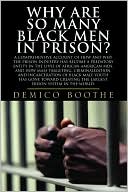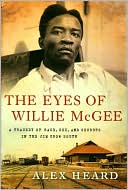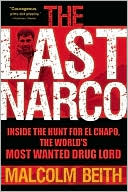Theorizing Criminal Justice: Eight Essential Orientations
Search in google:
By presenting articles on criminal justice grouped according to eight theoretical orientations, including criminal justice as politics, as growth complex, and as oppression, Kraska (Eastern Kentucky University) encourages students to analyze the theories that have informed various practices and to recognize their intellectual underpinnings. According to the author, "While the theoretical orientations outlined here have some similarity to 'models,' they are primarily interpretive constructs designed to guide the assignment of meaning to criminal justice trends and issues." Annotation ©2004 Book News, Inc., Portland, OR
Preface1Criminal Justice Theory: Why Ask Why?12Criminal Justice as Rational/Legalism19Article 1Of Crimes and Punishments23Article 2To Secure These Rights29Article 3Deadly Myths about Crime and Punishment in the United States313Criminal Justice as a System41Article 4Origins of the Contemporary Criminal Justice Paradigm: The American Bar Foundation Survey, 1953-196946Article 5Science and Technology and the Criminal Justice System694Criminal Justice as Crime Control vs. Due Process79Article 6Two Models of the Criminal Process85Article 7Crime Control, Due Process and "The Case for the Prosecution": A Problem of Terminology?1015Criminal Justice as Politics105Article 8Ideology and Criminal Justice Policy: Some Current Issues110Article 9The Desirability of Goal Conflict within the Criminal Justice System121Article 10Crime, Culture, and Political Conflict1266Criminal Justice as Socially Constructed Reality137Article 11The Police: Mandate, Strategies, and Appearances145Article 12Chicano Youth Gangs and Crime: The Creation of a Moral Panic156Article 13Inventing Criminal Justice: Myth and Social Construction1677Criminal Justice as Growth Complex177Article 14The Corrections-Commercial Complex186Article 15The Crime Control Industry and the Management of the Surplus Population1978Criminal Justice as Oppression215Article 16Feminism and Criminology225Article 17Feminist Theory, Crime, and Justice234Article 18Affirmative Race Law245Article 19Poverty and the Criminal Process257Article 20Crime Control in the Capitalist State261Article 21Crisis and Control2719Criminal Justice as Late Modernity277Article 22Crime Control and Social Order286Article 23The New Penology: Notes on the Emerging Strategy of Corrections and Its Implications30210Conclusion323Index327








